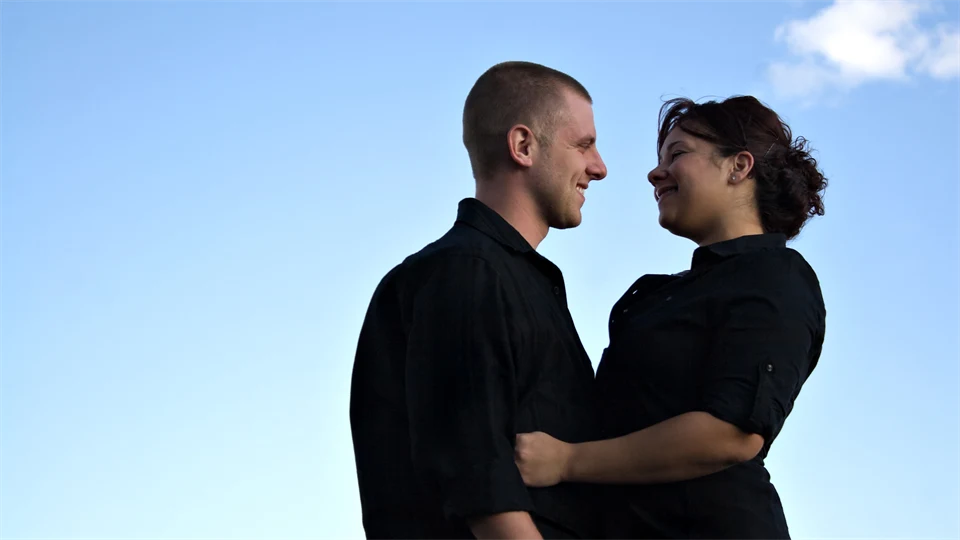Why you feel anxious or have an increased heart rate when you fall in love
Did you know that your voice changes when you meet someone you're attracted to? Or that many emotions linked to attraction can also be linked to anxiety? Today, on Valentine's Day, we sort out the feelings.
February 14, Saint Valentine's Day and, according to Swedish tradition, "Alla hjärtasn dag", is a day when love is recognized and celebrated. But if love isn't expressed, how do you know if a person likes you? Why do we start acting weird when we meet a person we're attracted to? And what is the best way to show that we like someone?
Monique Pfaltz is Professor of Clinical Psychology at Mid Sweden University's Department of Psychology and Social Work, PSO. Her research focuses on emotional processes that are important for our social life. For example – how do we experience being physically close to another person or how do we react to and interpret different facial expressions. Her research focuses on trauma, but on a day like today, it is also possible to apply her research to the feeling of attraction.
Like how can you tell by looking at one person that they are attracted to another?
"They become more attentive, they can smile and laugh more, they may stare at the other person and they may blush, have difficulty concentrating and their heart rate may increase.
"People's voice seems to be another indicator of attraction. Women tend to increase the tone of their voice and have an unsteady tone of voice when they talk to a person they are attracted to, while men are more likely to lower their tone of voice," says Monique Pfaltz.
Why does our body show physical signs of attraction?
"When we fall in love, a variety of physical processes are triggered. In particular, the so-called reward system is activated. This is a network in our brain that is active in situations where we have a need or desire for something or someone. For example, after a piece of chocolate or after meeting a loved one. If we then act accordingly and satisfy this need, that is, eat the chocolate or meet the beloved, a certain hormone, dopamine, is released, which in turn ensures the release of other hormones responsible for the feeling of joy and satisfaction.
"However, in addition to these positive emotions, emotions and physical changes that are usually associated with stress and anxiety can also occur. And this has to do with the stimulating hormone adrenaline, which is especially present in the first phase of infatuation. Adrenaline is partly responsible for the restlessness, the tingling sensation and the butterflies in the stomach that lovers often feel when they meet for the first time. The pupils dilate, breathing quickens, blood pressure rises and the hands feel sweaty - the body is alerted.
Why is it important to research these questions?
"We are social creatures and not made to survive on our own. We have an innate need to connect with others and it is well known that people who experience positive social relationships are both mentally and physically more healthy. Social relationships are even assumed to play a protective role when it comes to the consequences of trauma. People who feel socially supported by others have a much lower risk of developing a mental disorder compared to those who report lower levels of social support. It is therefore important to understand the factors that underpin and contribute to positive social experiences and promote social cohesion.
"If we know these factors, we can develop interventions for people who have difficulty developing positive social relationships. This will then indirectly also have a positive effect on their mental and physical well-being.
One last question – what is the best way to show that you like someone?
"What we interpret as a positive sign of affection depends on many factors. For example, it can depend on the situation I'm in, the mood I'm in at the moment, my personality, and my history.
"It can be good to choose a way to express my feelings that is in line with what I feel comfortable with myself.
Contact

